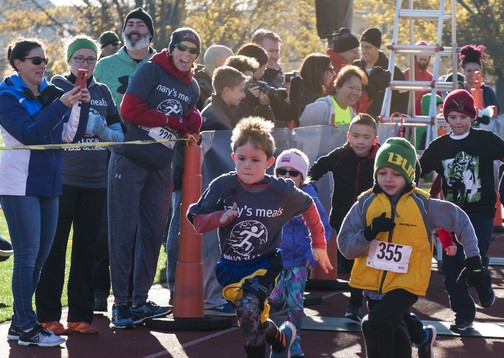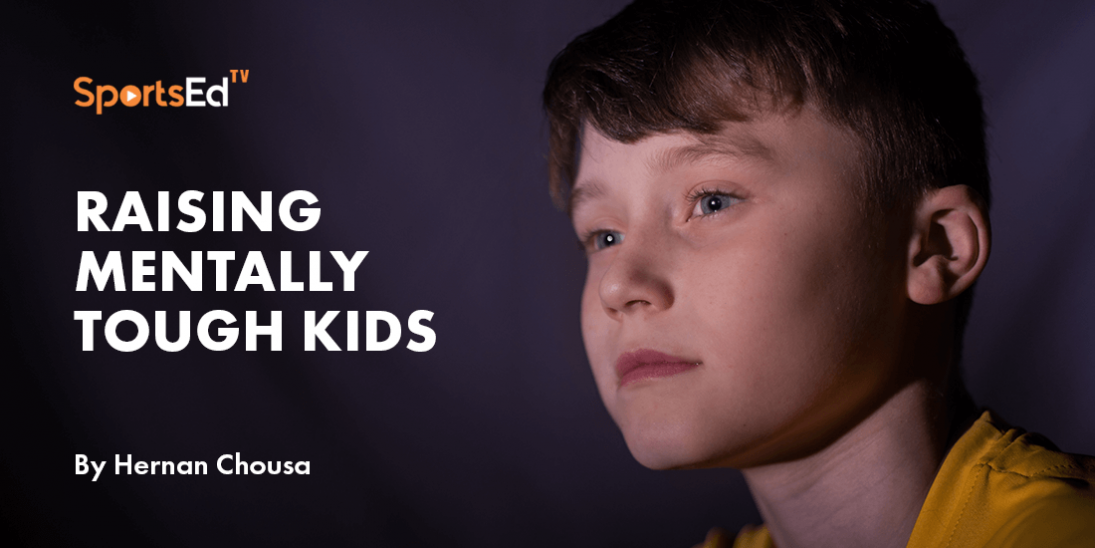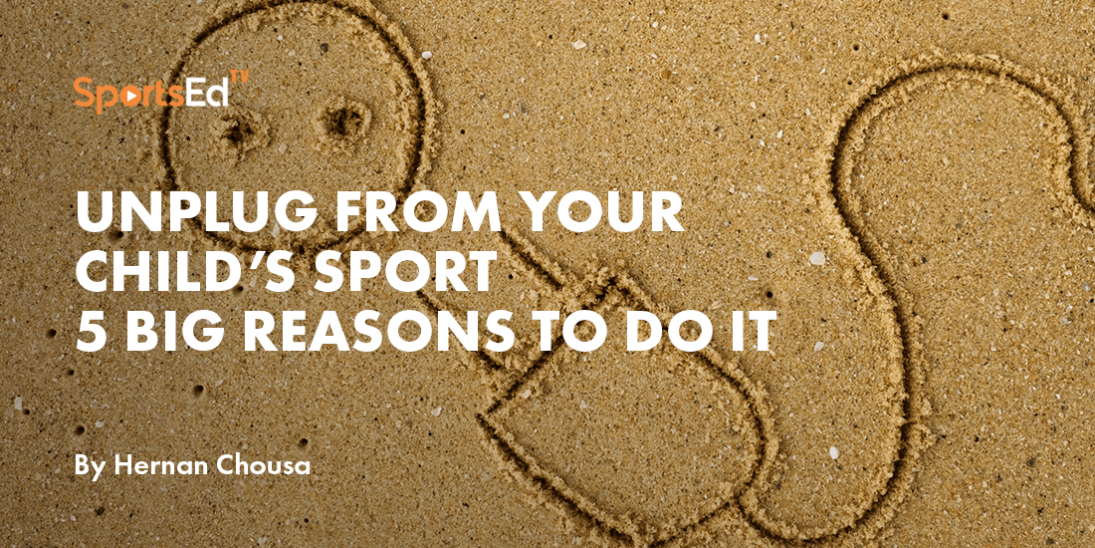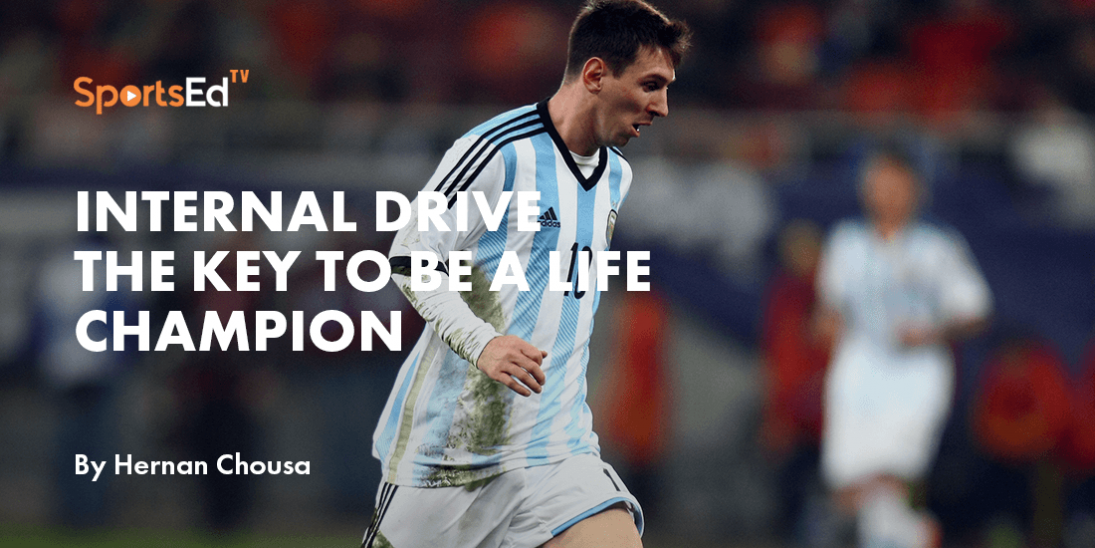Sports Parenting, Sports Psychology, Tennis
Welcome and thanks for visiting...

Sports Parenting - Answers to Key Questions

In this article, we will answer the top-rated questions on the web about sports parenting. Even though I can't cover everything in less than 2 thousand words about the right behaviors and actions around the topic, I'll share an excellent blueprint with more than the basics to navigate the storm safely.
The blueprint and my model as a sports parent with more than forty years of experience are now available. Results aren't granted. We have to work every day to shape our skills, so don't hesitate if you have a setback with your son or daughter. Every interaction with them is a new opportunity. I would love someone to give me this information I'll share fifteen years ago. Anyway, let's start working on our sports parenting skills.
Most Rated Questions:
- What is sports parenting?
- Why must we develop sports parenting skills?
- Which are the main four?
Sports is one of the biggest trends in 2023. Kids got engaged in watching their idols and trying to imitate them. Emotion is the primary magnet about sports and the main reason why they are so popular. On this path, many kids jump on the court playing different disciplines. Of course, there is a long journey to mastering the topic; beyond that, sports are an outstanding mentor no matter how good or not our son or daughter performs. You can learn discipline, commitment, focus, mental skills, team building, resilience, and many other things. So, if our son or daughter is involved in sports, we can consider ourselves lucky. Very lucky.
I am a former tennis player and have been involved since I was six, in the late seventies. I Fell in love with the game as soon as I picked a racket and started hitting balls. I recall playing against-the-wall mind imaginary matches between Borg-McEnroe, Vilas-Clerc, and many other elite players. At that moment parents weren't concerned about my tennis development. I went to a club, practiced my thing, and returned home.
Nowadays, everything changed, and the kid's sports development is a whole item by itself, and expectations about a champion at home have been raised. Nowadays, we can see highly gifted kids very young, with impressive strokes and physically talented. Unfortunately, 75% drop sports between ages 13 and 16 to never return. Girls quit sooner than boys because they mature earlier. Lack of passion, technology, and other interests jeopardize a healthy youth becoming followers instead of leaders.
Why is it important to develop sports parenting skills?
Last week, I was in a 1:1 coaching session with a lady talking about her 13-year-old daughter. She wanted to develop her mindset to improve her results, and my advice was simple: if your daughter remains in sports for the next couple of years, consider yourself successful. I understand that my statement could be sillier, but watching the other side of the coin is essential. How would you feel if your kid said he quits the sport because he no longer enjoys it? I've been in those shoes, and believe me, when they decide, there is no way back.
Now I will be silly in the following statement, and I truly believe it. We have a significant impact on our son or daughter's results. Yes, you read well. We have the magic key if we play our cards well. These are the four cards you need to play the best hand of your life.
1- Be aware of our words and actions
The first issue we face is our habit of comparing our kids with others. It's the most poisoned task we can perform. There is always someone better; if he hasn't shown up yet, don't worry; he will appear soon. When we compare, we focus on our son's weaknesses, where it hurts. Every good coach knows they must develop their player's strengths instead of leveling up their game's dark side. All kids have strengths. If you have yet to find them, you have to keep searching. Also, they have an identity; they do things a certain way. They don't do the things your neighbor or a friend does. It's called character, and the more they can develop it, the better.

We add or subtract every time we speak. There is no space in the middle. Be positive and radiate a confident appearance. We communicate not only with words; our body language does so. An excellent, erect posture will reflect confidence. During tournaments, this is key, and please don't carry your cell phone. Your kid will want to make eye contact with you; if you are on your phone, you will miss such a golden chance.
2- Work with the Pros
Rely on professionals and people with proven track records to manage your kid's sports journey. Why am I saying this? Because if this isn't the case, you will be controlling what they are doing with your son and asking questions eroding the relationship. Let's create a business example: You are the CEO, and the coach is the manager. Once a month, you can have a meeting where he will explain the metrics, the way to achieve them, and the new development he is working on. So, with skilled professionals, you don't have to be involved in everyday decisions.
3- Family Balance
How we assign our attention to kids is another thing to take into account. Maybe not all of our sons are involved in sports; some of them can have other interests. Here is the tricky part: sports require our time; we provide our kid with transportation, and we share tournaments, so we spend a lot of time with him. The Forgotten Son comes to the play. Sharing activities with other family members is an art to develop.

Another thing to take into account is conversations during family time. The dinner table is the meeting point, where we catch up with our kids and talk about their day. We must be careful what we talk about because otherwise, we will talk about sports 100% of the time. Searching for other conversation topics is a wise move. Boys and girls are interested in different things, so we must be creative and have ideas in advance.
4- Be successful.
If you want your kid to succeed, you must become successful. One accurate definition of success is Earl Nightingale's: Success is the progressive realization of a worthy ideal. If your actions move you forward to your goal every day, you are successful. Success isn't about the results; it is about the journey so everyone can be a success.
There is a lovely story about Kobe. Yes, I am a big fan of sports icons, and by reading about their journeys, we can get valuable insights. Once he retired, he started in the film business and wrote novels where characters were involved in sports to spread the word about their benefits about them subtly. He wanted sports to be part of kids' lives, and with a wiser plot, he accomplished his mission. Anyway, even though he was successful in his new ventures, he couldn't show how tough he worked to his daughters; an office job is challenging to sell to a kid you are working hard. He believed in leading by example, so he started training basketball again so they could see firsthand sweat, grit, and persistence.
Bonus: a fifth card
5- Find a Hobby
You may think your life is 100% attached to your kids, and you are right. There is no time for you; you feel absorbed by the daily activities, and kids never slow down. There is always another tournament in another city or a new trainer to elevate their physical skills. I understand our kids require time, but we need to block some for ourselves. Business, our job, or taking care of our home don't count. Very few people love their job or what they do for a living. Find a hobby that fulfills you. For sure, you wanted to do something as a kid, never tried it, or your parents didn't give you space and the opportunity to pursue it. It can be playing an instrument, gardening, painting, writing, or playing a sport. You need to find an activity you enjoy regardless of the outcome. Shifting the focus from your kid to yourself is vital to unload some pressure from their back.
Let me share a little secret included in my latest book, ParentShift, about how I started playing the guitar. Even though I liked music, I never played an instrument when young; tennis and school didn't allow space for something else. When I was forty years old, I watched a YouTube video. Tony Melendez, a guy with no hands, was playing the guitar with his feet and doing it amazingly well. I thought, 'If he can do it with his feet, I can do it with my hands, ' and started playing.
Think about a hobby you can pursue, make a list of three, choose one, and start immediately. Your son or daughter not only will appreciate it. They will raise their game to another level.
My Model
Now that I have given you the five steps to mastery, I'll share my model. It's straightforward and challenging at the same time. Imagine yourself in a soccer game; you can relate now after watching the World Cup in Qatar. You are on the bench with your team losing 1-0, and there are 5 minutes left to go. You jump on the field. What's expected from you? Expectations dictate that you must score as soon as you touch the ball, no less. That's what exactly your kid wants from you. To score, but the film doesn't end there. After scoring, you can't celebrate with your crowd. You can't brag about your performance. You can't hug all your team. You must silently say to yourself you rock it, return to the bench, and wait for the next time you are required. It is simple and challenging at the same time.
To summarize, work on yourself and be ready because, with kids, there isn't a second chance. Remember your five cards and why sports parenting is a skill you must practice every day.







